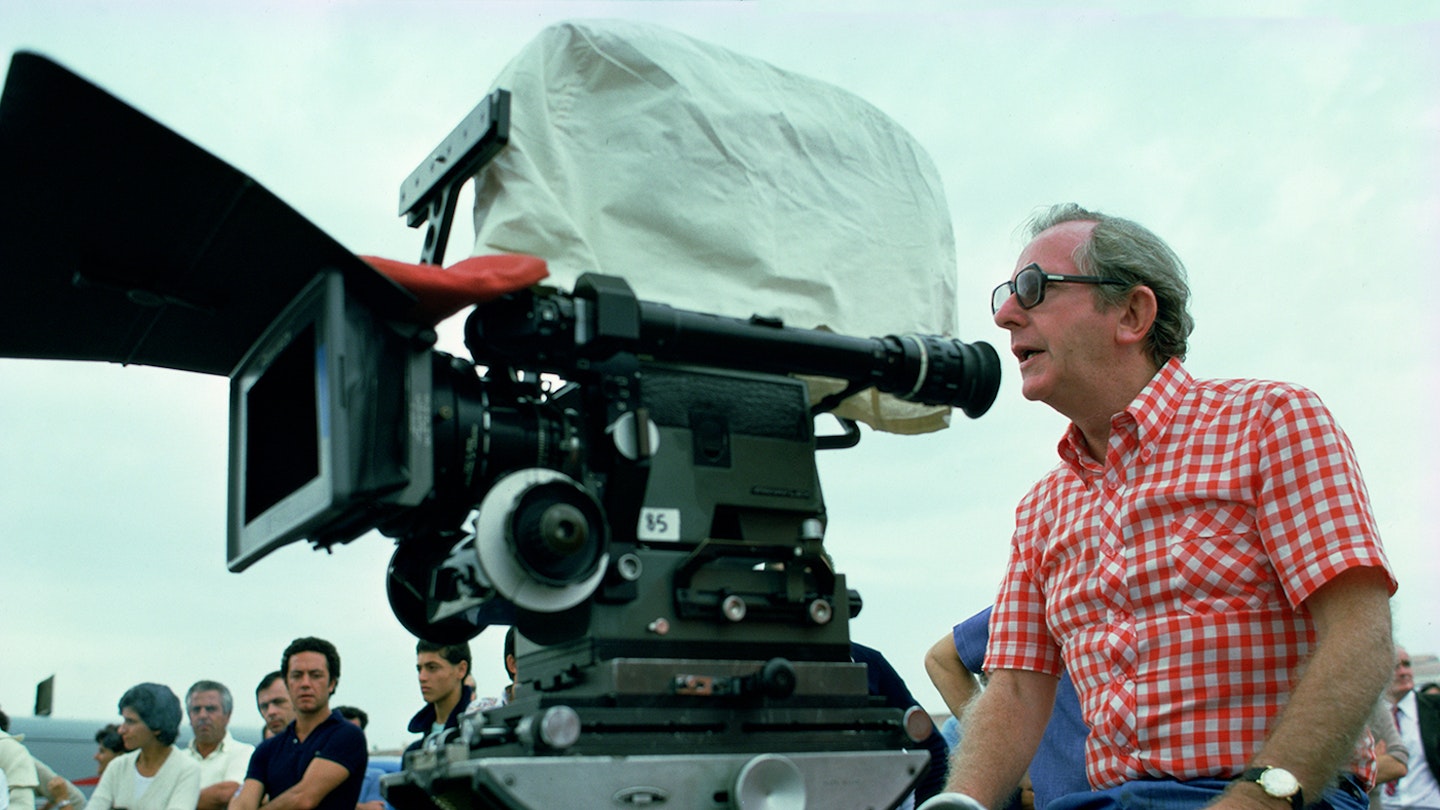The majority of `now it can be told' war movies produced in Britain after the Second World War tended to espouse mass heroism. There were occasional tributes to such unique individuals as Odette Churchill (Odette, 1950) and M.E. Clifton-James (I Was Monty's Double), but celebrations of communal courage like The Wooden Horse, The Dam Busters and The Battle of the River Plate were supposed to have a more unifying effect on a populace still enduring the effects of postwar austerity.
However, Douglas Bader was no ordinary hero and Reach for the Sky lionised the larger-than-life personality, whose triumphs over adversity had been chronicled in Paul Brickhill's bestselling biography.
There were those who felt that Bader was an irascible, self-aggrandising bore, who had endangered the lives of his air crew in seeking to disprove the naysayers who claimed that he would never fly again after losing his legs in an accident that was largely the result of his own arrogance. But the producers countered such a negative impression by casting one of Britain's most popular stars as the indomitable flyer.
Kenneth More was so beloved by millions for his performances in Genevieve and Doctor in the House that Lewis Gilbert was convinced that his bonhomie would take the curse off Bader's egotism and make him seem more than ever like an ebullient patriot. Moreover, More was fresh off the back of winning the Best Actor prize at Venice for The Deep Blue Sea.
So, there's no question that More was shrewd casting and while his habit of overdoing the hail fellow cheeriness occasionally tended towards caricature, he not only carried the lengthy narrative, but also made Bader seem inspirational rather than reckless. However, his hectoring theatrics left little room for anyone else, whether they were flying chums or Muriel Pavlow, as the devoted nurse who became his indulgent wife.
Bader's fortitude has to be admired. Yet, while this biopic was reverentially made, its stiff upper-lipped glorification of combat meant that it was infinitely more propagandist than anything produced during the war itself.
